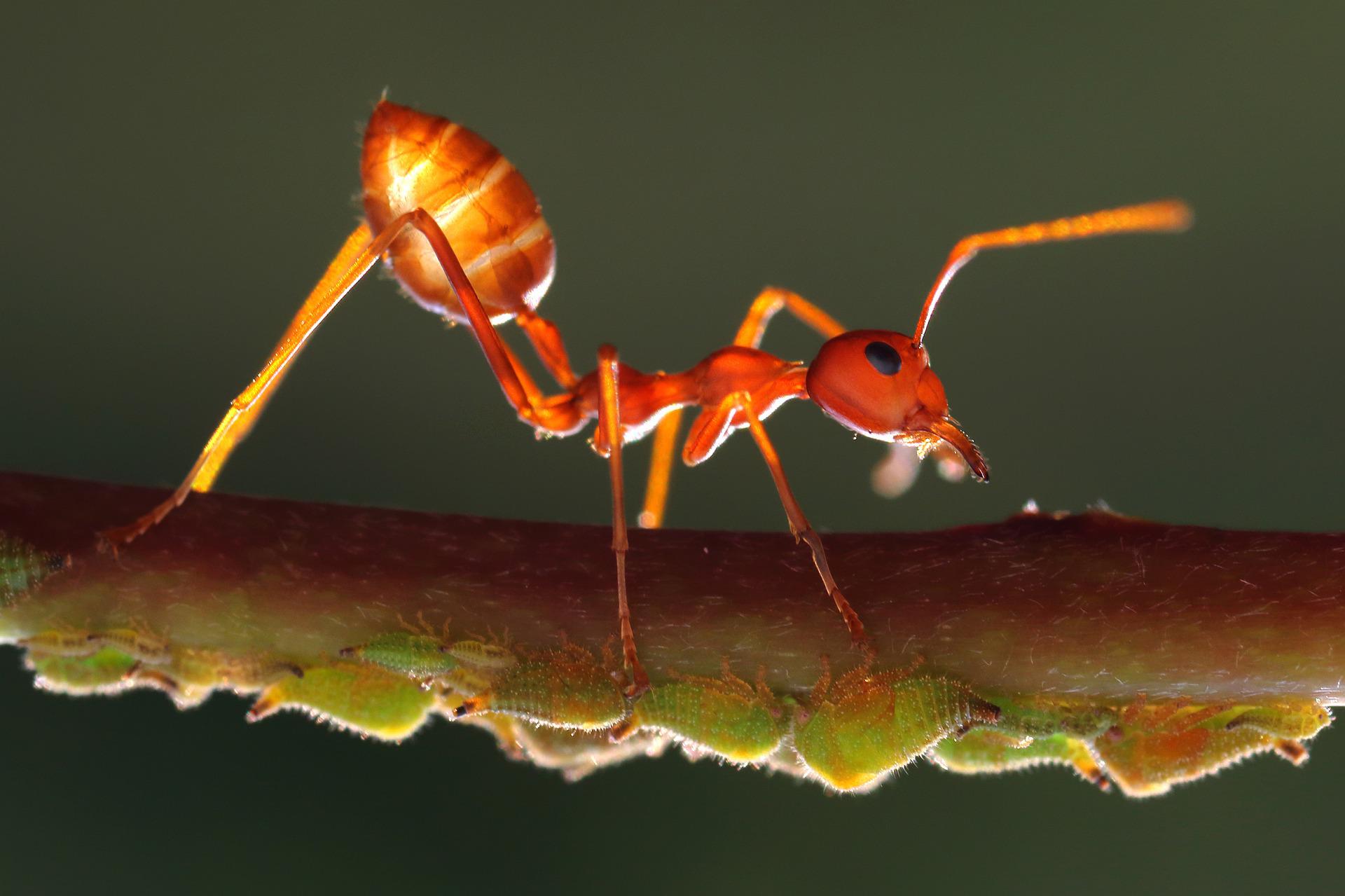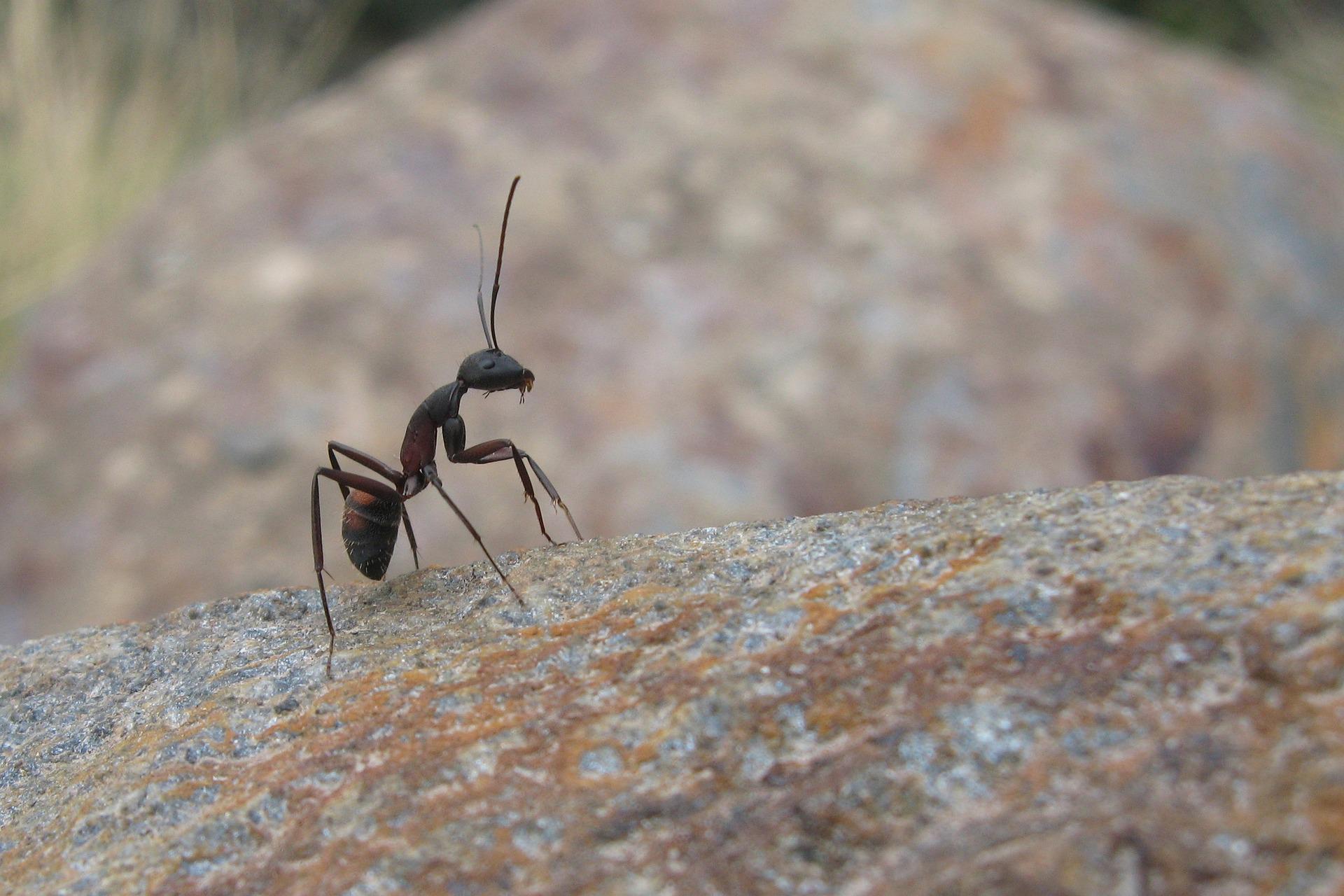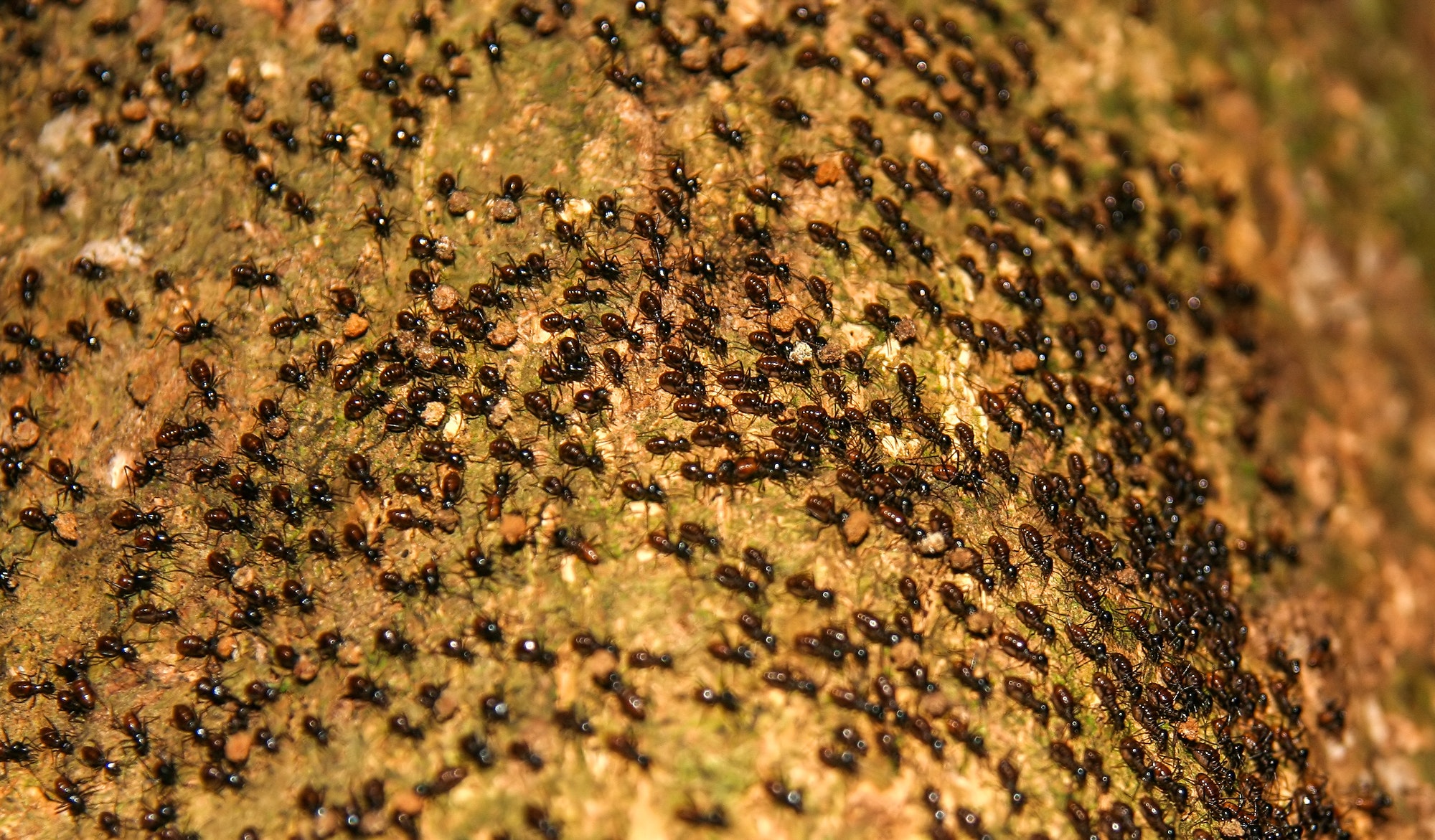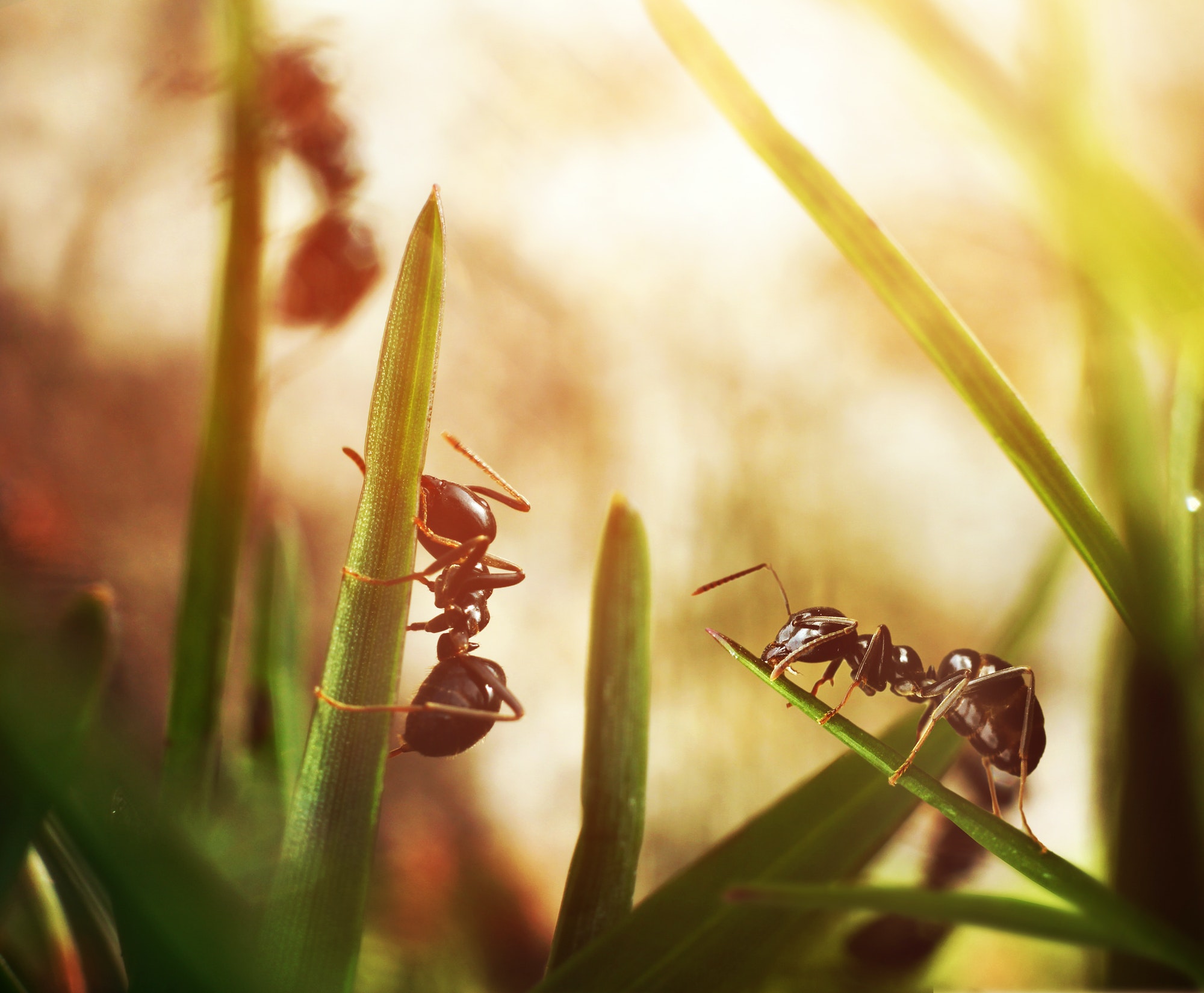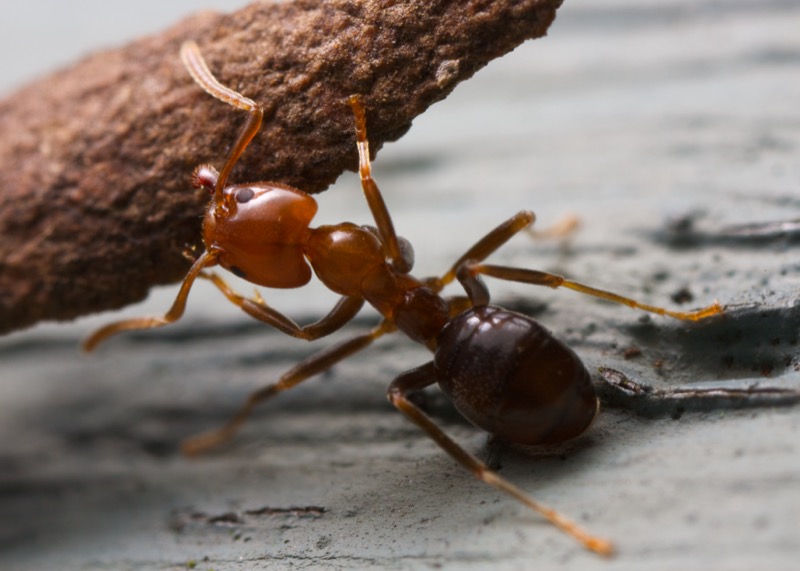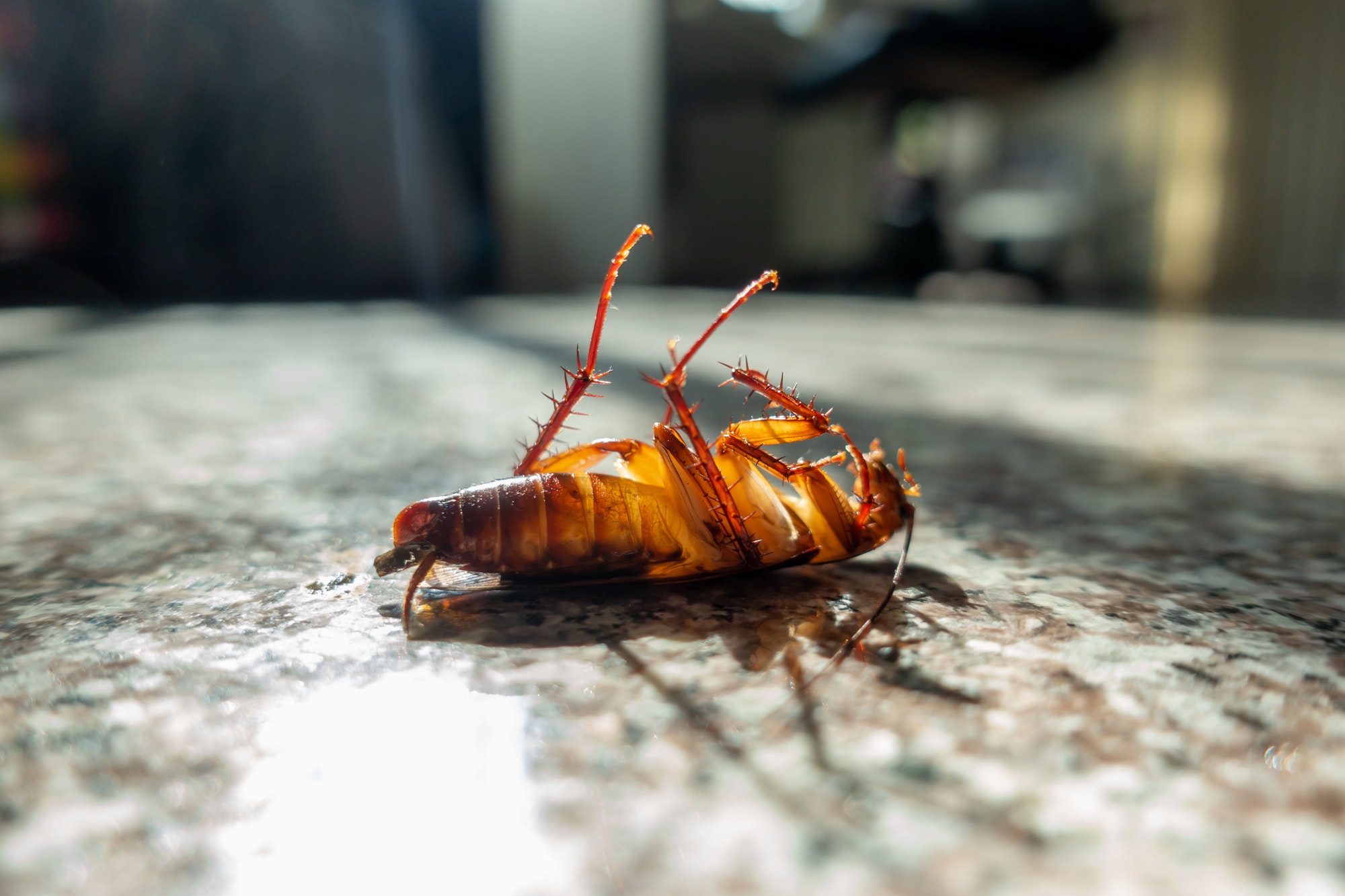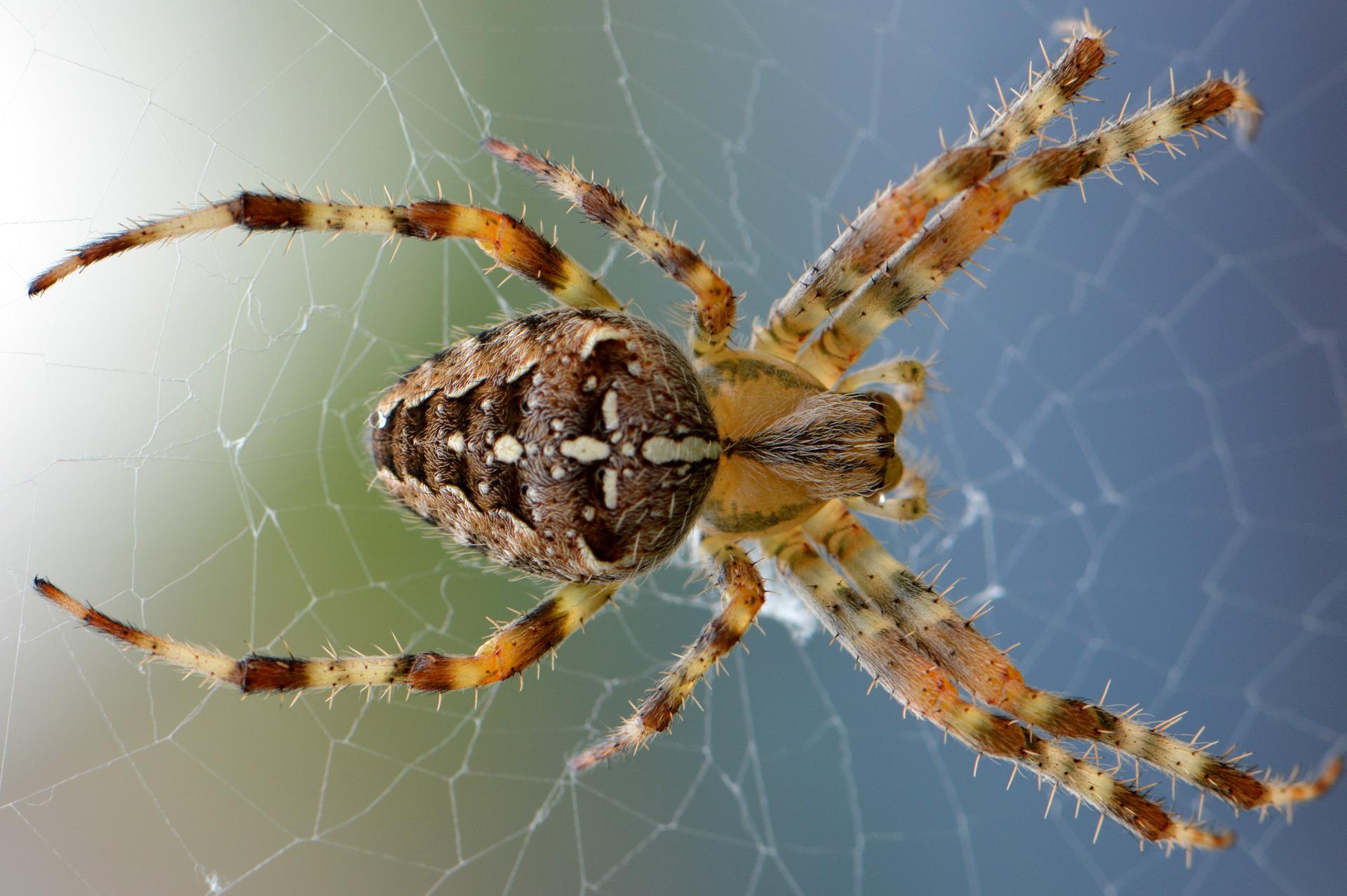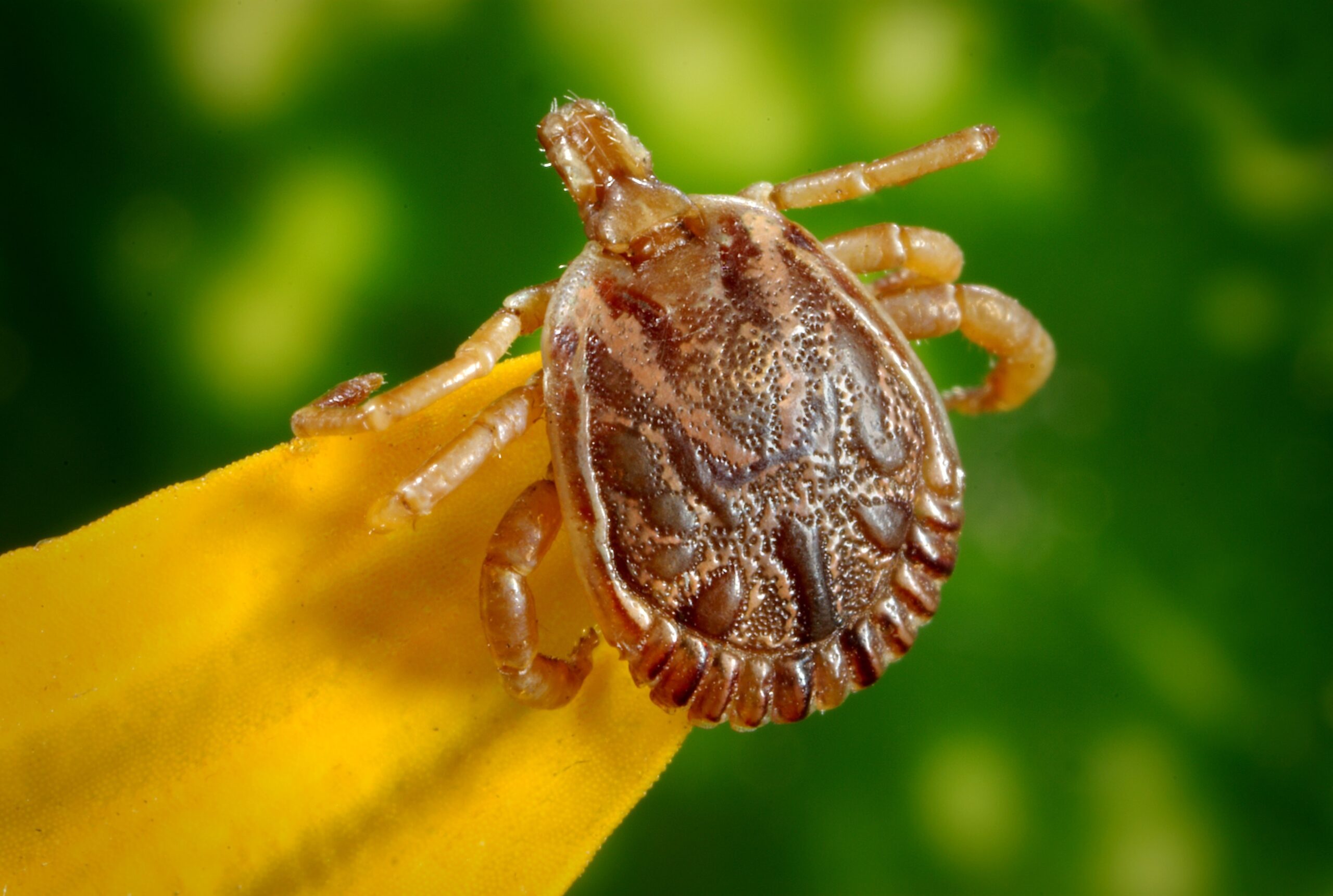Do you know about the citronella ant? Probably not, but these ants are interesting nonetheless. They get their name from the Citronella smell they produce when crushed. Interestingly, while citronella oil deters other insects, it seems to have little effect on the citronella ants. Learn more about these fascinating creatures in this blog post.
What are Citronella Ants?
Citronella ants are one of the most interesting pests found in homes and businesses across the United States. These small yellow insects emit a lemon-like scent when they feel threatened or step on someone’s foot – hence their name citronella ant!
What do Citronella Ants Look Like?
Citronella ants are often seen as a yellow to light brown color. Workers grow up through 1/8th inch long, with queens slightly larger at 3/16ths of an inch or so in length! These insects have bodies that can be unevenly round when viewed from different angles due to their segmented body.
Their size and coloration make them hard to spot, but their telltale smell is a dead giveaway that these pests are around.
Where do Citronella Ants Live?
Citronella ants are very common in the eastern United States and are frequently confused with termites when they swarm into the living areas of homes. Citronella ants are sometimes seen when digging in the soil or when large numbers of winged reproductive forms of these ants (called swarmers) show up along cement walls or floors.
Citronella ants typically build their nests outdoors in the soil. They will, however, travel into homes or businesses through cracks in the foundation, or other small openings in search of food. Once inside, these pests can be difficult to control without the help of a professional pest management company.
What do Citronella Ants Eat?
Citronella ants are excellent identifiers of plant diversity. They feed on honeydews that come from the insects which infest plants and extract their nutrients through root uptake, so it’s no wonder these tiny creatures rarely show themselves to humans!
While citronella ants don’t typically bite humans, their scavenging habits can lead them into areas where food is stored. They’re constantly all over, looking for food. Sometimes they even enter your home or business. They’re attracted to moisture and food sources like moldy wood. Unfortunately, these pesky insects love sugar, cheese, meats, vegetables, greased peanut butter, or dead ants. If these items are not properly sealed, citronella ants can quickly become a nuisance in the home.
What are Signs of Citronella Ants Infestation?
The most common sign of a citronella ant infestation is the presence of winged reproductive swarmers. These are generally seen in the spring and fall when temperatures outside are just right for these insects to mate.
Other signs of a citronella ant infestation include:
- Small, yellow ants crawling around your home or business
- A musty or lemon-like smell
- Ants swarming near light sources
- Mounds of dirt or sand around the exterior of your home
How Do I Get Rid of Citronella Ants?
The best way to get rid of citronella ants is to contact a professional pest management company. They will be able to identify the source of the infestation and recommend the best course of treatment. If you have a small infestation, there are some things that you can do to get rid of these pests yourself.
Here are a few tips on how to get rid of citronella ants:
- Remove any food sources that these insects are attracted to. This includes things like spilled sugar, crumbs, and pet food.
- Seal up any cracks or crevices where these pests could be getting into your home.
- Eliminate moisture sources by repairing leaks and ensuring that your gutters are clean.
- Use a strong spray of water to knock down any ant mounds around your property.
- Place ant baits around your home for these pests to return to their nest.
- Trim trees and bushes away from the sides of your home
If you follow these tips, you should be able to get rid of a small citronella ant infestation. However, if you have a larger problem, or if these pests keep coming back, you should contact a professional pest management company. They will be able to help you get rid of these pests for good.
